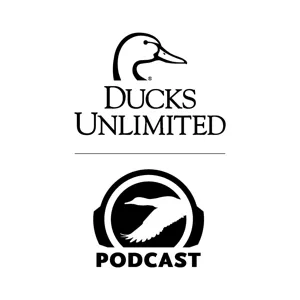Ep. 477 – Discoveries from Duck DNA Causing Scientists to Rethink Everything

The DU Podcast visits with Dr. Brian Davis, Mississippi State University, and Dr. Phil Lavretsky, University of Texas El Paso, to discuss the latest discoveries in duck genetics and how these are changing our traditional view of mallard populations. New research shows westward expansion of game-farm mallard genes and reveals potential impacts on behavior, morphology, and potentially migration. So what’s the big deal and how might this impact the future of waterfowl management? Listen in and find out!
www.ducks.org/DUPodcast






